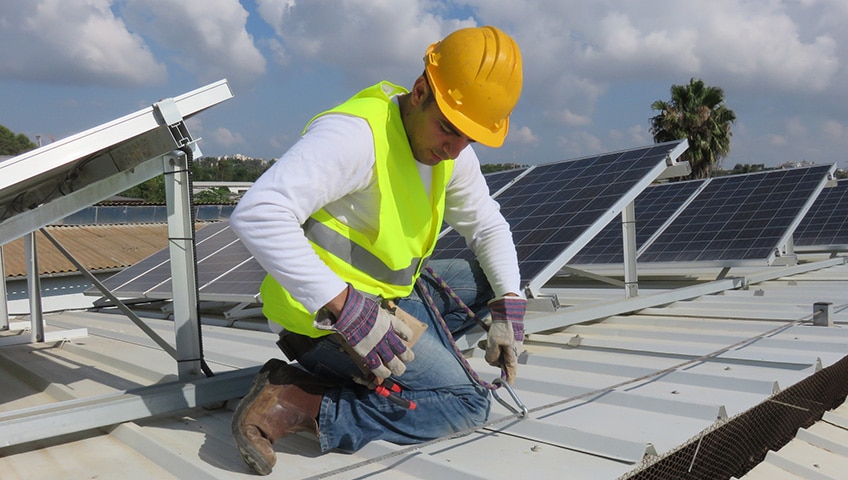The Ultimate Guide to Choosing the Right Commercial Roofing System

Selecting a roofing system for a commercial property is a decision that carries long-term implications for building owners and facility managers. The right roof not only protects your investment from the elements but also plays a crucial role in the building’s overall energy efficiency and operational costs. Given the variety of options available in the market, making an informed choice requires a deep dive into several critical factors. This guide aims to simplify the decision-making process, ensuring you choose a roofing system that meets your building’s specific needs.
The initial step in the selection process involves understanding the different types of roofing systems available. The market offers a range of materials, including metal, built-up roofing (BUR), thermoset (EPDM) roof membrane, thermoplastic (PVC and TPO) roof membrane, and green roofing systems. Each material comes with its own set of advantages and suitability, depending on the climate, building design, and your sustainability goals. For instance, metal roofs are known for their durability and longevity, while green roofs offer environmental benefits and can help reduce heating and cooling costs.
Climate plays a pivotal role in determining the most appropriate roofing system for your commercial building. A roof that is ideal for a dry, hot climate may not perform well in areas prone to heavy rain or snowfall. For example, in regions with heavy precipitation, a roofing system with excellent waterproofing and drainage capabilities is essential to prevent water damage and leaks. Conversely, in hotter climates, reflective roofing materials that can deflect sunlight and reduce heat absorption are preferable.
The architectural design of your building also influences the choice of roofing system. The roof’s slope, load-bearing capacity, and aesthetic considerations should align with the chosen roofing material. A flat or low-slope roof may be well-suited for membrane roofing systems, such as EPDM or TPO, which offer flexibility and resistance to leaks. On the other hand, steep-slope roofs might be better matched with metal roofing or shingles, which can enhance the building’s visual appeal.
Sustainability objectives have become increasingly important in the decision-making process for many building owners. If reducing your environmental footprint and lowering energy costs are priorities, consider roofing systems that offer high thermal insulation, reflectivity, or the ability to host solar panels. Green roofs, which are covered with vegetation, not only provide excellent insulation but also contribute to urban biodiversity and can manage stormwater runoff effectively.
Collaboration with experienced commercial roofing contractors is crucial to the success of your roofing project. They can provide valuable insights into the pros and cons of different roofing materials, taking into account your specific requirements and budget. Furthermore, contractors with a solid track record in installing the type of roof you are considering can offer peace of mind, ensuring that the installation is performed correctly and to the highest standards.
In conclusion, choosing the right commercial roofing system is a complex process that requires careful consideration of several factors. By understanding the types of roofing systems available and evaluating how each aligns with your climate, building design, sustainability goals, and budget, you can make an informed decision that benefits your commercial property in the long term. Collaborating with skilled commercial roofing contractors can further ensure that your roofing project is executed flawlessly, providing your building with protection and efficiency for years to come. Remember, the right roofing system not only shields your building from the elements but also contributes to its energy efficiency and aesthetic appeal, making it a critical component of your commercial property’s overall success.






